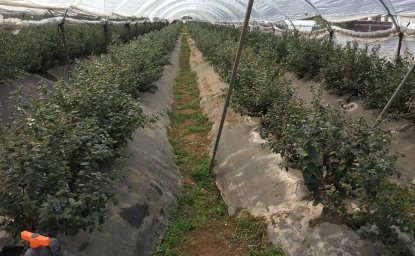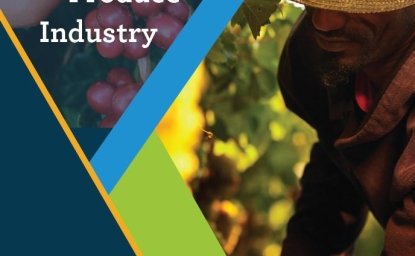Farm Labor and Mexico’s Export Produce Industry
This study analyzes production and employment systems in selected commodities that are exported from Mexico to the United States.
This study analyzes production and employment systems in selected commodities that are exported from Mexico to the United States.
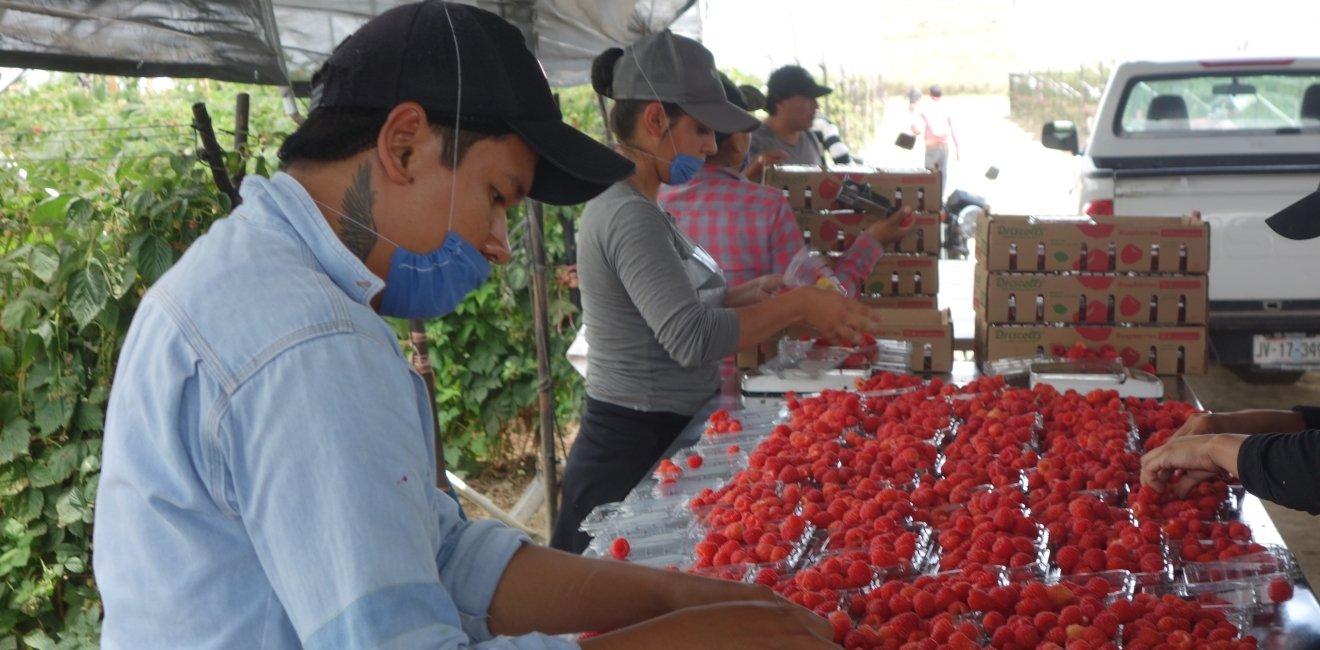
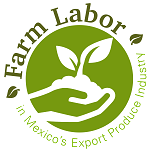
Recent news articles have highlighted incidents of forced labor, debt peonage, and poor conditions of some internal Mexican migrants employed on farms that grow produce for U.S. consumers. NGO Polaris suggested that several hundred thousand workers in Mexico could be in forced labor situations, including in agriculture.
There are no top-down statistical data to confirm or refute these bottom-up reports. As a result, we are undertaking a study to examine production systems and labor markets in Mexico’s export-oriented agriculture to develop a reliable statistical database on wages and working conditions for hired farm workers in order to quantify the issue at hand.
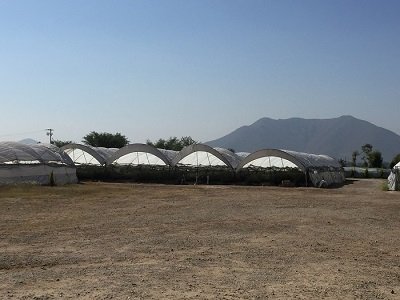
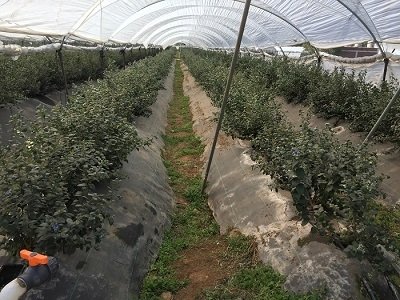
In the study, we will analyze production and employment systems in selected commodities that are exported from Mexico to the United States, interview farm workers to learn about worker characteristics and migration patterns and conduct focus groups to better understand the operation of the farm labor market, and identify gaps in labor protections.

This is a collaborative project led by the Wilson Center’s Mexico Institute and funded by a grant from the Walmart Foundation with research support from the Center for Research and Higher Studies in Social Anthropology (CIESAS-Occidente) and Migration Dialogue. We will work with stakeholders to understand production and marketing systems in order to identify the features of the farm labor market that can lead to better and worse conditions for farm workers. We will design and test survey instruments to understand farm worker migration patterns, wages, and working conditions and organize focus groups with workers, employers, produce buyers, government enforcement agencies, NGOs, and others, including those who support trafficking victims, to better understand our survey data and to help ensure that stakeholders understand and implement our recommendations.
The first phase of the study will develop production and marketing profiles of selected Mexican commodities exported to the United States, including tomatoes, asparagus, cucumbers, squash, bell peppers, avocados, and berries. These profiles will summarize costs of production, including methods of recruiting workers and wages and working conditions, and packing and marketing channels. The second phase of the study will involve interviews with 300 workers employed in each commodity and focus groups with stakeholders, including employers, workers, government agencies, and NGOs.
The data and analysis will establish a clear understanding of labor recruitment and employment in Mexico’s export-oriented produce industry and generate recommendations to improve transparency and to reduce the risk of worker abuse. The project began in October 2017 and will conclude in December 2020. For further information, please contact Philip Martin at plmartin@ucdavis.edu and Angela Robertson at angela.robertson@wilsoncenter.org from the Wilson Center.






The Mexico Institute seeks to improve understanding, communication, and cooperation between Mexico and the United States by promoting original research, encouraging public discussion, and proposing policy options for enhancing the bilateral relationship. A binational Advisory Board, chaired by Luis Téllez and Earl Anthony Wayne, oversees the work of the Mexico Institute. Read more

